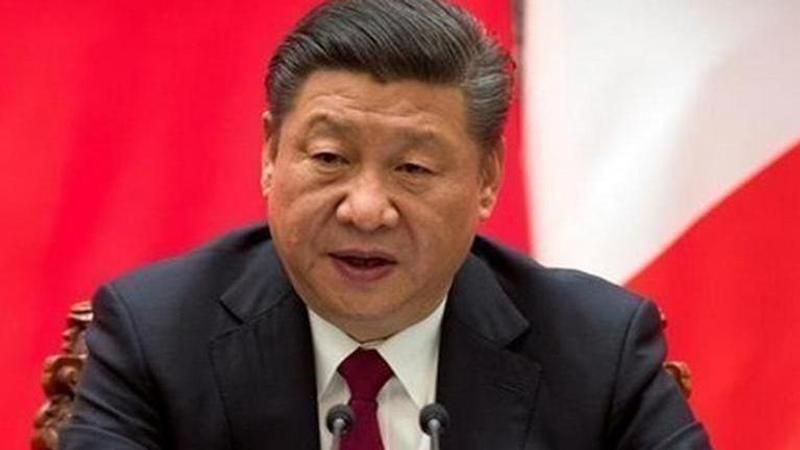Published 12:49 IST, September 9th 2021
Xi Jinping tells China's billionaires to share wealth as income gap rises in country
Chinese President Xi Jinping is looking to pursue the 'Common Prosperity' program for his third term - aimed at tackling the growing income gap.

In its latest push under 'Communist Revolution', China is now planning to roll out a 'Common Prosperity' program that will urge billionaires to share their wealth with the rest of the world. According to a report by New York Times, Chinese President Xi Jinping is looking to pursue the 'Common Prosperity' program for his third term - aimed at tackling the growing income gap in China. The program will press businesses and entrepreneurs to narrow the wealth gap by sharing their wealth with the working class, a move that coincides with its recent crackdown on Chinese billionaires including Ali Baba fame Jack Ma.
The report in NYT cited Xi Jinping as saying, “Achieving common prosperity is not just an economic issue; it’s a major political matter bearing on the party’s foundation for rule. We cannot let an unbridgeable gulf appear between the rich and the poor.”
The 'Common Prosperity' pledge comes as a stark reminder of the Communist Party's long-standing ideology of wealth sharing. Mao Zedong, former President of the People's Republic of China, first used the phrase in the 1950s. In the 1980s the idea was visited by Deng Xiaoping who declared that China would “let some people get rich first.”
According to Credit Suisse Research Institute, the country's top 1% own nearly 31% of the country’s wealth. With this program, China could be looking to make schooling, housing and health care less costly and more evenly available outside big cities. This could also lift incomes for workers and help more people secure a place in the middle class. However, reversing economic inequality through such radical measures could potentially backfire. State agency Xinhua has suggested that this transformation will wipe away all the dust, and capital markets will no longer be the heaven where capitalists can make a fortune overnight.
China's crackdown on billionaires
China's crackdown on billionaires started in 2020 with Jack Ma after he gave a speech in Shanghai and criticised Chinese regulators for stifling innovation. Within a span of eight to nine months, the valuation of Jack Ma's companies declined by nearly 50%. He was forced to sell South China Morning Post (SCMP) which was a Hong Kong-based daily. Right before his company was set to raise the world's biggest-ever IPO (an estimated $35 billion) in history, Chinese regulators on April 10 imposed a record fine of $2.8 billion on Alibaba for abusing its 'dominant market position'. Jack Ma's empire was destroyed and he went 'missing'.
This year, China has issued a warning to another Chinese billionaire Wang Xing, founder of China’s third-largest tech corporation Meituan. Recently, Wang Xing posted a poem that criticised the emperor of the Qin dynasty, who burnt books to suppress intellectual dissidents only to be overthrown by illiterates. Many on social media interpreted the post as an allusion to the 'anti-monopoly' campaign of President Xi Jinping.
(With Agency Inputs)
Updated 12:49 IST, September 9th 2021




